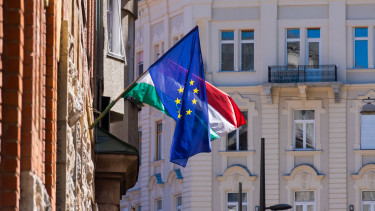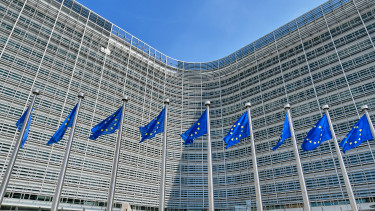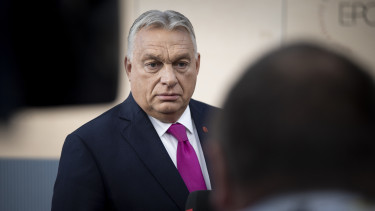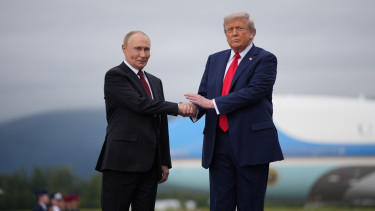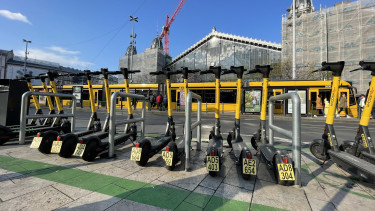It's time for the big decision on the next EU budget!

The negotiations on the European Union’s seven year Budgetary Framework are entering a decisive phase. Whilst at first sight this might appear to be a technical budgetary debate, in reality its outcome will determine what the European Union will be able to deliver for its citizens. The Commission tabled its proposals in May 2018, negotiations started in earnest this year and the Finnish Presidency has now proposed a compromise. This is undeniably a difficult task. Member States’ positions are diametrically divergent, with some calling for belt-tightening in the face of Brexit, others claiming that key sectors such as agriculture and regional development need continued support. A key question voiced by many is whether each country’s contribution to the EU budget will procure the best value for its taxpayers’ money.
This is quite literally, the billion-euro question. With potential answers that include the common agricultural policy and environment, social and regional spending, new and reinforced priorities ranging from innovation, digital and investment to migration, external action, defence and security, the Commission’s draft of May last year sets out a realistic proposal. At a level of 1.114% of the EU’s gross national income, it is based on the premise that the EU budget for the future should be modern and ambitious, while taking account of the financial shortfall of Brexit. At the same time our proposal enables the Union to cope with geo-political challenges and to become a stronger global player. In view of the benefits of the single market, estimated to contribute some 6% on average per year to the European economy, the national contributions needed to finance the budget averaging less than 1% of EU GNI under the Commission’s proposal, are quite simply a very good deal.
Over the past year and half, the Union has taken important steps in setting out its Strategic Agenda and priorities such as increased climate action, a socially fair and just green transition; enabling Europe’s digital transformation, competiveness; promoting skills and education, research and innovation; ensuring the safety, security and defence of European citizens; playing a strong and active leadership role in the world. And last but not least: effectively addressing migration challenges and managing Union borders. These are the actions, which provide a clear European added value as no single country could tackle these challenges on its own. Actions the European citizens are asking for!
The EU budget must be set in a way that allows the EU to deliver on these promises to European citizens. We cannot dissociate priorities from the Budget and we will have to put our money where our mouth is: otherwise we damage the EU’s credibility in the eyes of its citizens and at global stage. The European Commission’s proposal takes equally into account sound implementation of the funds, which is a responsibility towards the European taxpayers. The good compliance and sound financial management, confirmed by the Court of Auditors, should remain a core objective in the next generation of funds, with respect for the rule of law and zero tolerance for fraud as the key underlying principles governing EU spending.
The successful outcome of the MFF negotiations hinges on two preconditions: the unwavering pursuit of a collective benefit that outweighs the perceived national interest and the goodwill to make concessions and reach a compromise in which the whole is greater than the sum of its parts. It is now urgent for Leaders meeting at the European Council later this week to go beyond narrow national objectives and focus on where Europe can do more collectively for people and its economy, more for our geopolitical interest and the climate than can be done in each of the Union’s capitals. It is a decision of the highest order and a test for institutional and political responsibility.
Johannes Hahn is Commissioner for Budget and Administration in the new European Commission
Cover photo by European Commission, Adam Berry/EU/AFP-Service
Portfolio's most recent articles about the 2021-2027 budget debates:


